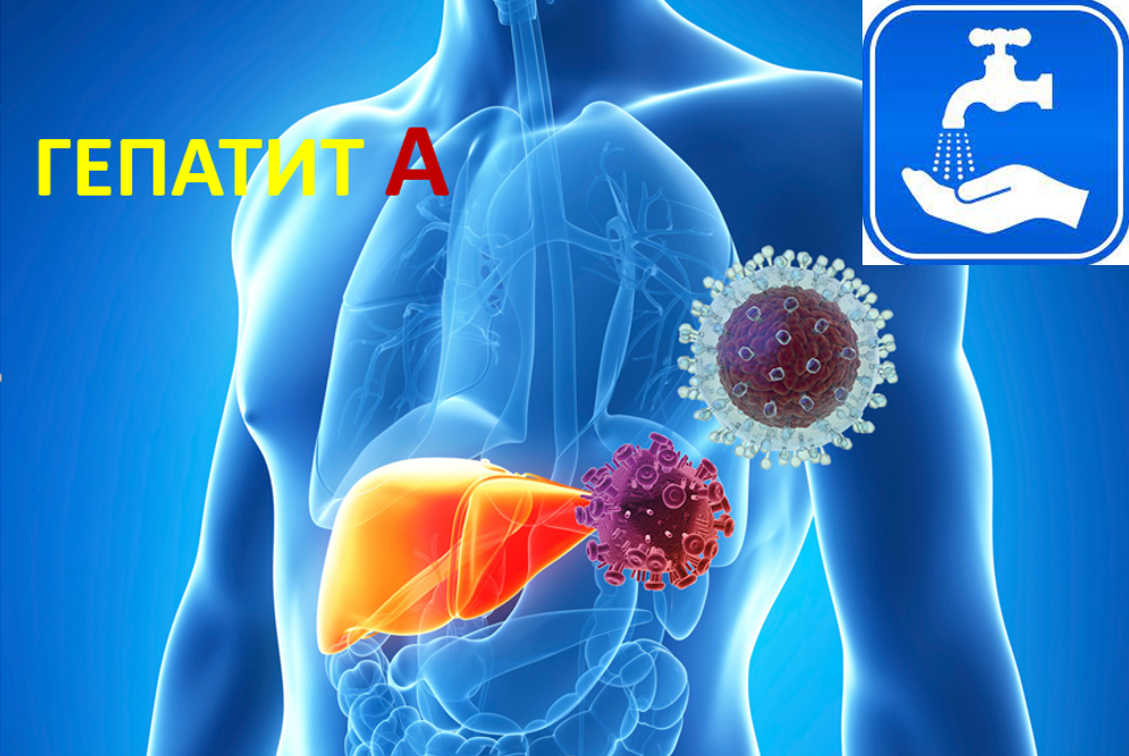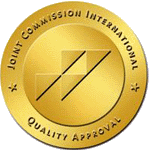VIRAL HEPATITIS A (disease of dirty hands)

Viral hepatitis A (HAV) is an acute inflammatory disease of the liver caused by the hepatitis A virus. The disease most often occurs in mild to moderate form. Sometimes, in severe cases, HAV can occur with acute liver failure with a fatal outcome (in the elderly).
The risk of contracting hepatitis A occurs in conditions of poor quality water supply, poor sanitary and hygienic conditions and non-compliance with personal hygiene rules.
Source of infection: infected person
Route of transmission: fecal-oral
- infected water
- contaminated food (vegetables, fruits)
- dirty hands (after contact with a sick person)
Incubation period: 14 to 30 days, a patient with HAV is contagious 2 weeks before and 1 week after the onset of symptoms.
Symptoms of HAV:
|
Generalized |
Typical (in 40-50% of cases) |
|
|
|
PREVENTION:
Vaccination:
- children aged 2 years
- contact persons in foci of infection
- do not travel to areas with high endemicity without prior immunization
Personal hygiene rules observance:
- wash your hands thoroughly before eating, after visiting the toilet, when returning from work, when walking;
- do not drink raw water from unknown sources;
- wash vegetables and fruits thoroughly with clean running water
- do not swim in polluted waters.
Remember! Anyone who has not been vaccinated or has not had the disease in the past can become infected with HAV. Following simple preventive measures will help you avoid this disease.




